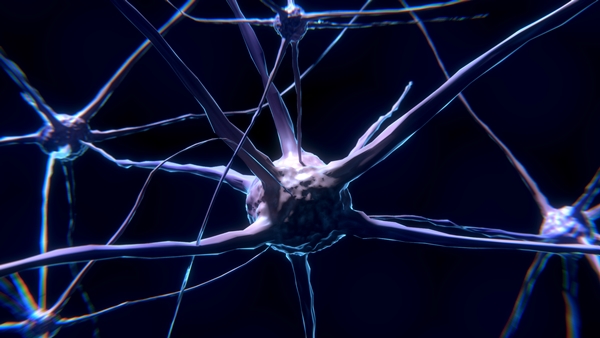14 August 2017. The European Patent Office announced its intent to award a patent on treatments for nerve cell damage based on the peptide thymosin beta 4. The patent will be awarded to Michael Chopp, a neuroscience researcher at Henry Ford Health System in Detroit, which licensed his discoveries to the company RegeneRx Biopharmaceuticals Inc. in Rockville, Maryland.
RegeneRx is a developer of therapies derived from peptides, short protein chains or fragments, for tissue repair and regeneration. The company’s current focus is the peptide thymosin beta 4 that plays a key role in the structure of human and animal cells. Thymosin beta 4 helps regulate actins, proteins in cells that form into filaments to maintain the cell’s shape, as well as other cell functions, and can be instrumental in repairing damage to cells and tissue, such as in wound healing.
Research by Chopp and colleagues led to a formulation of thymosin beta 4 to treat peripheral neuropathy, damage to nerve cells outside of the central nervous system. Symptoms of peripheral neuropathy can range from mild tingling, numbness, or muscle weakness to more severe pain, muscle wasting, paralysis, and organ malfunctioning. RegeneRx cites Chopp’s research that demonstrates in lab animals the peptide’s ability to limit the effects of peripheral neuropathy.
Many cases of the disorder result from complications of diabetes, starting with nerve damage in the feet and legs, and extending to hands and arms. Peripheral neuropathy can also be caused by the autoimmune disorder Guillain-Barré syndrome. National Institute of Neurological Disorders and Stroke estimates 20 million people in the U.S. have some form of peripheral neuropathy.
One of RegeneRx’s products, code-named RGN-352, is an injectable form of thymosin beta 4 for treating nerve damage from peripheral neuropathy, multiple sclerosis, traumatic brain injury, spinal cord injury, and stroke, as well as prevent and repair cardiac damage resulting from heart attacks. The company completed an early-stage clinical trial of RGN-352 among 80 healthy volunteers to evaluate its safety, and the company says the therapy is now ready for intermediate-stage clinical studies testing its efficacy with peripheral neuropathy and other disorders.
In June 2017, the U.S. Patent and Trademark Office issued a notice of allowance — also an intent to grant a patent — to Chopp and Henry Ford Health System on their thymosin beta 4 formulation as a treatment for cell and tissue damage. No schedule was given for the issuance of either patent.
More from Science & Enterprise:
- Neuro Device Company to Begin Clinical Trials in Europe
- Neurology Drug Signals Shown to Help Tooth Repair
- Biotech, Pharma Partner on Neuro Drug Discovery
- Neurological Biotech Raises $65M in Venture Funds
- NeuroVive, Penn Partner on Traumatic Brain Injury
* * *


 RSS - Posts
RSS - Posts
You must be logged in to post a comment.